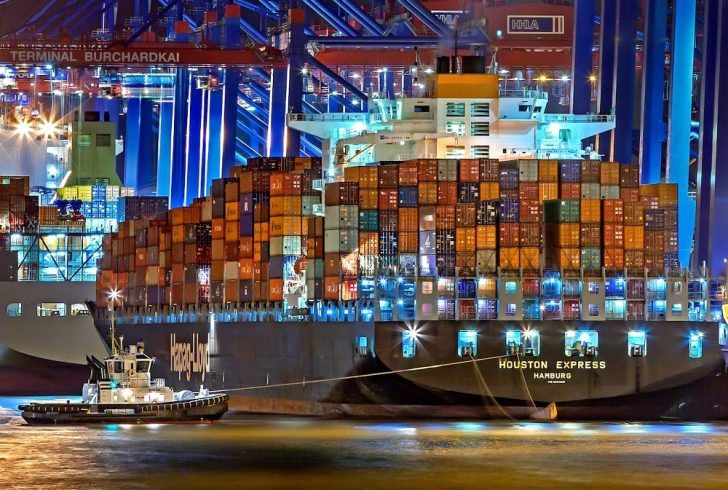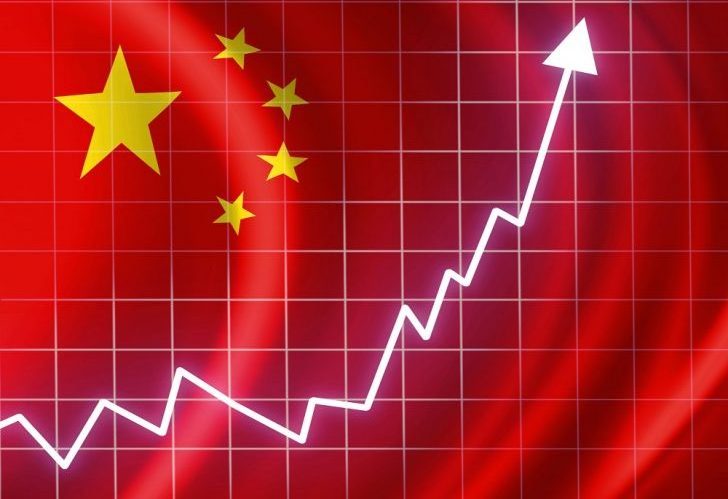China plays a pivotal role in the global economy's intricate web. Often referred to as the world's second-largest economy and home to over 1.4 billion people, the recent turbulence in China's economic landscape has sparked concern worldwide. From sluggish growth to surging youth unemployment and a chaotic property market, China's challenges have repercussions far beyond its borders.
This article delves into what China's economic woes mean for the world, exploring the winners and losers, potential shifts in foreign policy, and the specter of financial contagion.
Winners and Losers
As the saying goes, when China sneezes, the rest of the world may catch a cold. A slowdown in China's economic activity, like reduced dining out or housing spending, directly affects multinational corporations.

Pixabay/ Pexels | It may be premature to raise the specter of deflation based on one month of data
Giants like Apple, Volkswagen, and Burberry heavily depend on China's vast consumer market for revenue. When Chinese households tighten their belts, the ripple effect is felt by thousands of suppliers and workers worldwide who rely on these corporations.
China's contribution to global growth is undeniable, accounting for over a third of the world's economic expansion. Yet, some economists argue that China's role as the engine of global prosperity is overstated. While China's growth benefits itself, it exports significantly more than it imports, making its growth more about China than the rest of the world.
Reducing Chinese spending on goods, services, or construction means decreased demand for raw materials and commodities. In August, China's imports plummeted by nearly 9%, impacting major exporters like Australia, Brazil, and several African nations. This translates to lower prices for Western consumers, relieving mounting inflation pressures.
The Belt and Road Initiative
Over the past decade, China has invested an estimated trillion dollars in infrastructure projects globally through the Belt and Road Initiative. Over 150 countries have received Chinese financing and technology to build roads, airports, seaports, and bridges. However, if China's economic problems persist, its commitment to these projects may waver, leaving developing nations uncertain.

Julius Silver/ Pexels | Interconnectedness in the global economy means that we're all affected by the health of major growth engines
China in the World
While reduced Chinese investment abroad is a potential consequence, the impact of China's domestic economic situation on its foreign policy remains uncertain. A more vulnerable China might attempt to mend relations with the United States.
Trade restrictions have contributed to a 25% drop in Chinese exports to the U.S., and some American firms have labeled China "uninvestable." Yet, China continues to retaliate with its restrictions and maintains ties with authoritarian leaders of sanctioned regimes.
China's economic downturn could also affect its stance on Taiwan, a self-governing island claimed by Beijing. Some argue that a weakened China could lead to unpredictability and potentially risky actions regarding Taiwan. However, this speculation is met with skepticism, as it is believed that China is currently preoccupied with its economic issues.
Expect the Unexpected
History has taught us to anticipate the unexpected in the global economy. Few predicted the 2008 financial crisis triggered by subprime mortgages in Las Vegas. Today, analysts worry about "financial contagion" from China's property crisis, possibly leading to a complete economic collapse and a worldwide financial meltdown.

chinabusinessandeconomics/ Instagram | When China sneezes, the rest of the world may catch a cold
While parallels with the 2008 crisis exist, experts like George Magnus from the University of Oxford's China Centre argue this is not a Lehman Brothers-type shock. China is unlikely to allow its major banks to collapse, as they possess stronger balance sheets than the regional banks that failed in the U.S.
Furthermore, China's property market is not as intertwined with its financial infrastructure as the U.S. subprime mortgage market was.
Deborah Elms of the Asian Trade Centre emphasizes the interconnected nature of the global economy, where seemingly local concerns can have unforeseen effects on a global scale. While history may not repeat itself precisely, the world remains susceptible to the intricate web of economic interdependence, especially when one of the major growth engines, like China, experiences turbulence.






